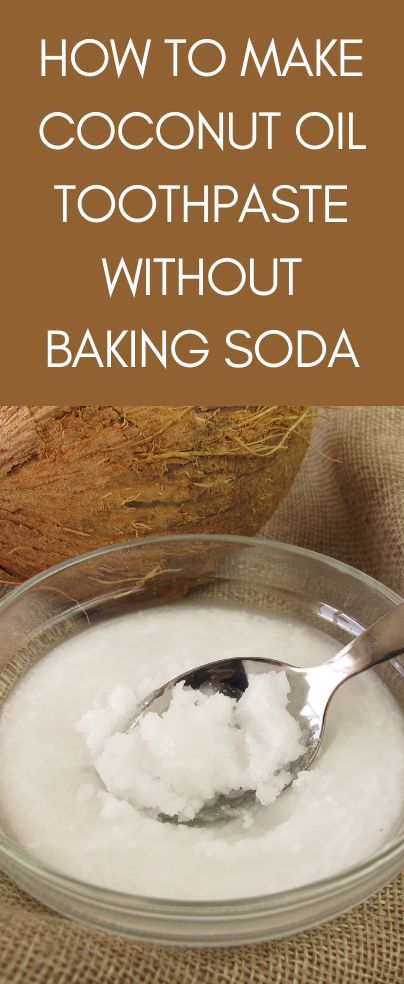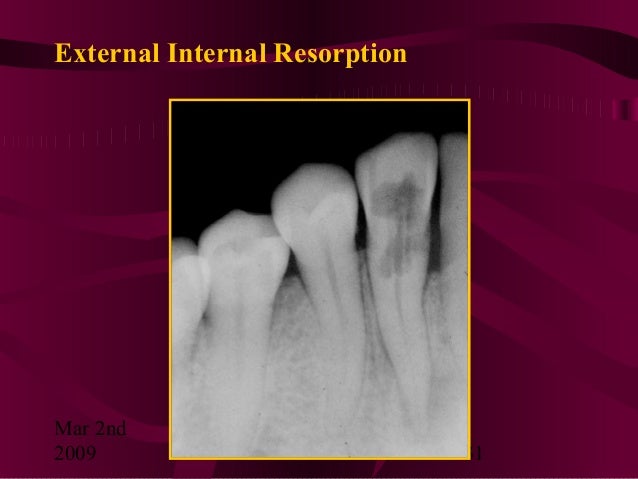Coconut Oil Toothpaste Benefits

The use of coconut oil in toothpaste has gained significant attention in recent years due to its potential oral health benefits. Coconut oil, which is extracted from the meat of mature coconuts, contains a unique combination of fatty acids that have been shown to have antimicrobial, anti-inflammatory, and antioxidant properties. When used in toothpaste, coconut oil may help to reduce plaque, prevent tooth decay, and promote overall oral well-being.
One of the primary benefits of using coconut oil toothpaste is its ability to reduce the formation of plaque, a sticky film of bacteria that can lead to tooth decay and gum disease. The lauric acid present in coconut oil has been shown to have potent antimicrobial properties, which can help to kill bacteria and other microorganisms that contribute to plaque formation. By reducing plaque, coconut oil toothpaste may help to prevent the development of cavities and promote healthier teeth and gums.
In addition to its plaque-reducing properties, coconut oil toothpaste may also help to prevent tooth decay by reducing the acidity of the mouth. The antimicrobial properties of lauric acid can help to kill bacteria that produce acid, which can contribute to tooth decay. Furthermore, the antioxidant properties of coconut oil may help to protect the teeth and gums from damage caused by free radicals, which can contribute to oral health problems.
Coconut oil toothpaste may also have anti-inflammatory properties, which can help to reduce swelling and pain in the gums. The anti-inflammatory compounds present in coconut oil, such as lauric acid and capric acid, may help to reduce the production of pro-inflammatory chemicals in the body, which can contribute to gum disease. By reducing inflammation, coconut oil toothpaste may help to promote healthier gums and prevent the development of gum disease.
Another potential benefit of coconut oil toothpaste is its ability to freshen breath and reduce the occurrence of bad breath. The antimicrobial properties of lauric acid can help to kill bacteria that contribute to bad breath, while the anti-inflammatory properties of coconut oil may help to reduce inflammation in the gums, which can also contribute to bad breath.
While coconut oil toothpaste may have several oral health benefits, it is essential to note that it should not be used as a replacement for regular toothpaste. Coconut oil toothpaste may not contain the same level of fluoride as regular toothpaste, which is essential for preventing tooth decay. Additionally, coconut oil toothpaste may not be as effective at removing plaque and tartar as regular toothpaste, which can lead to oral health problems if not addressed.
To get the most out of coconut oil toothpaste, it is recommended to use it in conjunction with regular toothpaste. This can help to provide the benefits of coconut oil while also ensuring that the teeth and gums receive the necessary fluoride and cleaning agents to stay healthy. It is also essential to choose a coconut oil toothpaste that is made with high-quality ingredients and does not contain any harsh chemicals or additives.
In addition to its oral health benefits, coconut oil toothpaste may also have environmental benefits. Many conventional toothpastes contain harsh chemicals and additives that can harm the environment. Coconut oil toothpaste, on the other hand, is typically made with natural ingredients that are biodegradable and non-toxic.
| Conventional Toothpaste | Coconut Oil Toothpaste |
|---|---|
| Contains harsh chemicals and additives | Made with natural ingredients |
| May harm the environment | Biodegradable and non-toxic |
| May contain artificial sweeteners and flavors | Typically free from artificial ingredients |

To make coconut oil toothpaste at home, you can mix coconut oil with other natural ingredients such as baking soda, essential oils, and vitamin E oil. Here is a simple recipe to get you started:
Step 1: Mix Coconut Oil and Baking Soda
Mix 2 tablespoons of coconut oil with 2 tablespoons of baking soda in a small bowl.
Step 2: Add Essential Oils
Add a few drops of your favorite essential oil, such as peppermint or tea tree oil, to the mixture.
Step 3: Add Vitamin E Oil
Add a few drops of vitamin E oil to the mixture to help promote oral health.
Step 4: Mix Well
Mix the ingredients well until you get a smooth paste.
While making coconut oil toothpaste at home can be a fun and rewarding experience, it is essential to note that homemade toothpaste may not be as effective as commercial toothpaste. Additionally, homemade toothpaste may not contain the same level of fluoride as commercial toothpaste, which is essential for preventing tooth decay.
Q: Is coconut oil toothpaste effective in reducing plaque and preventing tooth decay?
+A: Yes, coconut oil toothpaste has been shown to be effective in reducing plaque and preventing tooth decay due to its antimicrobial and anti-inflammatory properties.
Q: Can I use coconut oil toothpaste as a replacement for regular toothpaste?
+A: No, coconut oil toothpaste should not be used as a replacement for regular toothpaste. While it may have several oral health benefits, it may not contain the same level of fluoride as regular toothpaste, which is essential for preventing tooth decay.
Q: How do I make coconut oil toothpaste at home?
+A: To make coconut oil toothpaste at home, you can mix coconut oil with other natural ingredients such as baking soda, essential oils, and vitamin E oil. Follow the simple recipe outlined above to get started.
In conclusion, coconut oil toothpaste may have several oral health benefits, including reducing plaque, preventing tooth decay, and promoting overall oral well-being. While it should not be used as a replacement for regular toothpaste, it can be a useful addition to your oral health routine. By choosing a high-quality coconut oil toothpaste or making your own at home, you can experience the potential benefits of coconut oil for yourself.


